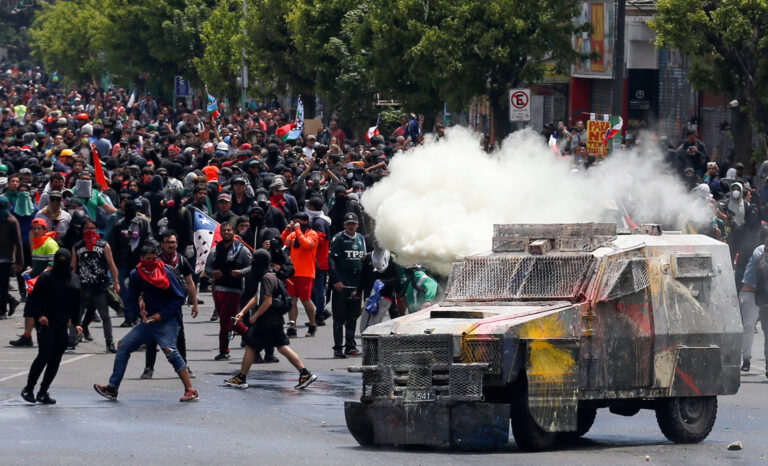
Chile
“The spark that ignited the explosion”
Testimony of a Chilean woman on the ongoing social movement in Chile since October 2019.

Last update : 02/10/2021

Testimony of a Chilean woman on the ongoing social movement in Chile since October 2019.

You can find all the photographer's work on his Instagram (@kreaphotos1).